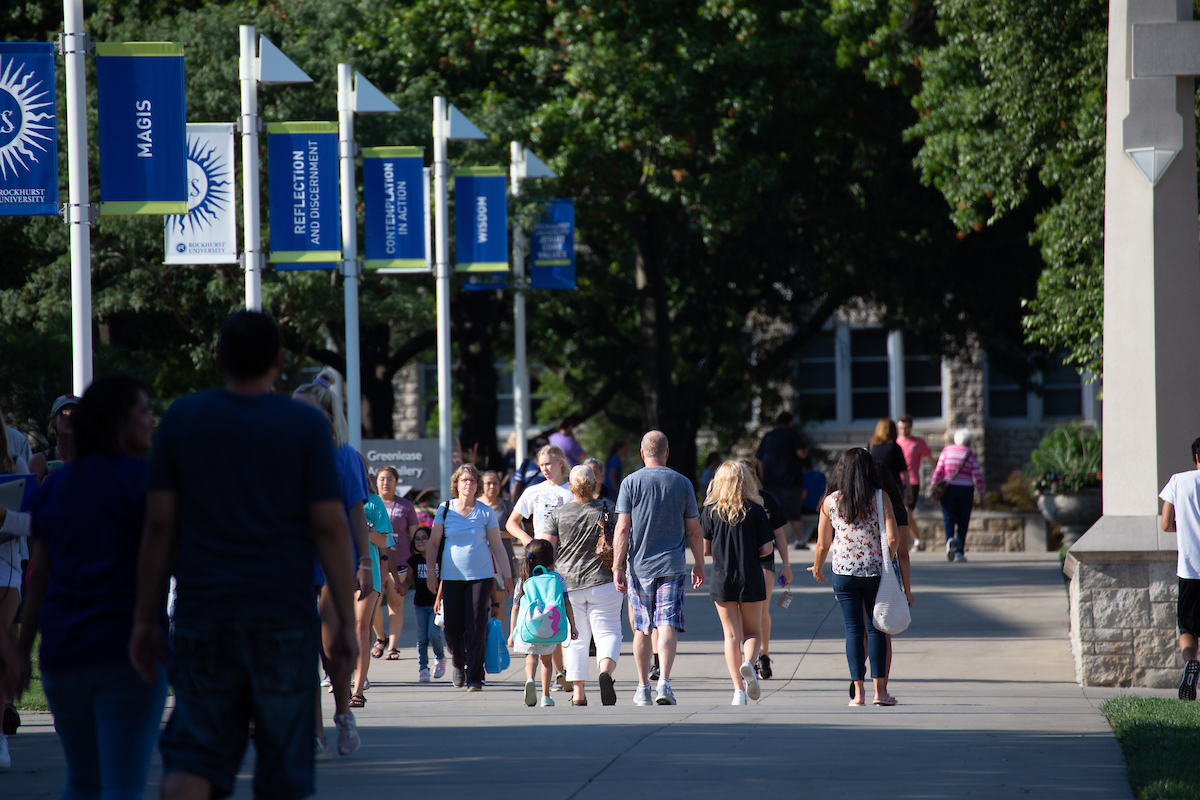
Frequently Asked Questions
When am I able to register for accommodations through Student Accessibility Services?
Students can register with Student Accessibility Services (SAS) at any point during their academic career, but we strongly recommend that this process begin as early as possible. Students seeking academic accommodations are encouraged to complete registration prior to the start of a semester. Please note, accommodations are not retroactive. Accommodations start at the date provided on the top of the finalized accommodation letter sent from SAS personnel to the student. If an incoming student is seeking accommodations related to housing, we encourage them to complete the application process before June 1. Returning students are encouraged to complete their application before February 1. Any housing accommodations requested after the deadlines may result in delays.
Can I add or adjust accommodations after my intake appointment?
If you find that your accommodations are not meeting your needs, you may set up another appointment with SAS to discuss adjustments or additions. Please be aware that supplemental documentation may be necessary before additional accommodations are approved. SAS also makes a point to check in via email before the start of each semester to make sure students are still comfortable with their current accommodations.
I don’t have a formal diagnosis yet. What do I do?
SAS needs documentation of a disability or serious medical condition before we can provide accommodations. In most cases, your primary healthcare provider can either diagnose you or refer you to a specialized healthcare professional who can. Always remember to check with your insurance before going somewhere new or taking any tests/assessments.
Here is a list of places in the KC area that may be able to provide you with a diagnosis:
(Our Rockhurst counselors are unable to provide documentation for SAS at this time)
Psychoeducational Assessments
A more limited evaluation of intellectual and academic functioning. This type of testing can be completed by a psychologist trained in neuropsychology or by a clinical psychologist. This assessment is primarily done when a learning disability is suspected and school accommodations are sought.
Community Counseling and Assessment Services
UMKC, School of Education
615 E. 52nd Street Room 212
Kansas City, MO 64110
(816) 235-2725
KU Child & Family Services Clinic
2021 Dole Human Development Center
1000 Sunnyside Avenue
Lawrence, KS 66045
(785) 864-4416
KU Center for Psychoeducational Services
Joseph R. Pearson Hall Room 130
1122 West Campus Road
Lawrence, KS 66045
(785) 864‐7021
Tracy Ochester, Psy.D.
11100 Ash Street Suite 103
Leawood, KS 66211
(913) 735-5566
Karen M. Jordan, Ph.D.
(913) 647-7990
6720 W. 121st Street Suite 101
Overland Park, KS 66209
Barry McAnulty MSW, LCSW, LSCSW
(816) 554-0912
521 SE 2nd Street Suite C
Lee’s Summit, MO 64063
Neuropsychological Assessments
A comprehensive evaluation to better understand cognitive functioning. This type of assessment is completed by a psychologist trained in brain development and organization, the effect of neurological dysfunction, and neuropsychological assessment techniques. While those completing this type of testing often have a medical condition affecting the functioning of their central nervous system (ex. traumatic brain injury, stroke, tumor, sickle cell disease, etc.), one is not required.
Midwest Neuroeducational Services
Avner Stern, Ph.D.
10100 W 87th Street Suite 306
Overland Park, Kansas 66212
(913) 601-7484
Community Counseling and Assessment Services
UMKC, School of Education
615 E. 52nd Street Room 212
Kansas City, MO 64110
(816) 235-2725
William T. Blessing, Ph.D.
1010 Carondelet Drive
Kansas City, MO 64114
(816) 590-3900
If I register with SAS, will it show up on my transcript or diploma?
No. All SAS records are confidential and maintained within the SAS office. Their status with our office will not be printed on any of their academic records.
Can my child sign a waiver allowing me to speak with the SAS personnel?
How will my accommodations be shared with my faculty members?
Each student’s accommodation letter will be sent through their RU email address. The letter will include only their accommodations unless the student has directly requested that their disability also be listed. It is the responsibility of the student to provide their letter to faculty members. Upon the student’s request, SAS will print letters for the student to pick up from our office.
